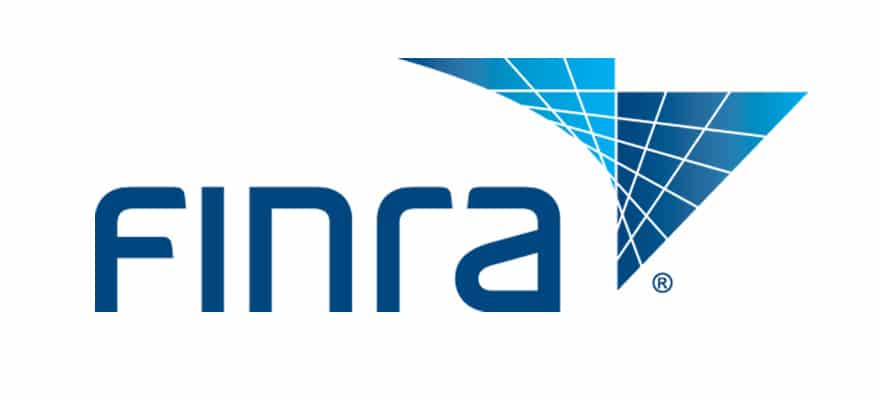
Which FINRA regulations are part of the DOL Rule best interest report requirements?
Traditionally, courts and the DOL find some key elements to be most important, in regard to facts and circumstances presented by advisors in their attempts to make prudent decisions. In particular, a financial advisor should reasonably conclude that their report can create a documented record that is necessary for a best interest recommendation of a 401(k) to IRA rollover. This is a crucial aspect of a procedurally prudent process.
The IRAFiduciaryOptimizer software created by RiXtrema can create a report to help financial advisors document that a rollover from an ERISA-covered 401(k) plan to an IRA is performed in the client’s best interest. The elements reviewed in the Report include fees, fund expenses , performance, risk assessment, as well as additional services available under the plan and IRA. The Report also provides better investment options and includes a risk tolerance questionnaire to help guide the financial advisor’s analysis.
Under the Fiduciary Rule, a recommendation to rollover from a 401(k) plan to an IRA must be prudent and in the best interest of the client. Moreover, the recommendation should correspond to the requirements of the BIC Exemption in order to avoid a non-exempt prohibited transaction.
In the preamble to the BIC Exemption, the DOL also noted that financial advisors should consider the individual needs and circumstances of the clients, as described in FINRA Regulatory Notice 13-45. 81 Fed. Reg. at 21012. The notice identifies some additional factors that should be considered before recommending a rollover or partial investment in an IRA, such as:
- whether a new employer maintains a qualified plan that will accept rollovers from the current employer’s plan
- how satisfied the client is with investment options in the existing plan
- whether the client is going to start making withdrawals from their retirement saving before reaching the age of 59½
- whether the client expects to work past the age of 70½
- the level of protection from creditors and legal judgements
- whether the client holds significantly appreciated company stock in their current employer’s plan.
Additionally, the following factors can be relevant in evaluating whether a rollover or partial investment in an IRA is appropriate:
- the client’s investment holdings within their existing plan or IRA and overall level of investment experience
- the client’s investment objectives and investment horizon
- the client’s risk tolerance
- whether the client has any outstanding participant loans from their existing plan, and if yes, whether the existing plan permits partial rollovers
- whether the new employer’s plan accepts rollovers, as well as if the new employer’s plan accepts rollovers of plan loans
- whether the client considers the ability to take out participant loans to be an important feature of their existing plan
In summary, in the event of a DOL audit or litigation concerning a financial advisor’s rollover recommendation, the DOL or a court would likely look at whether an advisor’s process was designed to be in the client’s best interest as defined by ERISA and the BIC Exemption. Most likely, a court will review the information collected by the advisor, check whether it was evaluated reasonably, and if the advisor’s decision was based on the collected information. Additionally, the DOL or a court will likely evaluate whether the investment objectives, risk tolerance, financial circumstances, and needs of the specific client were considered. This process will involve a personalized analysis that assesses the client’s unique circumstances.
We at RiXtrema worked for two years to create IRAFiduciaryOptimizer Best Interest Report to be a documented record necessary to form a basis for a best interest recommendation to roll over from a 401(k) plan to an IRA, which is a vital aspect of a procedurally prudent process. Rollover Wizard takes you through the process of report creation in just 15 minutes
This blog is for informational purposes only and does not contain or convey legal advice in any way.


